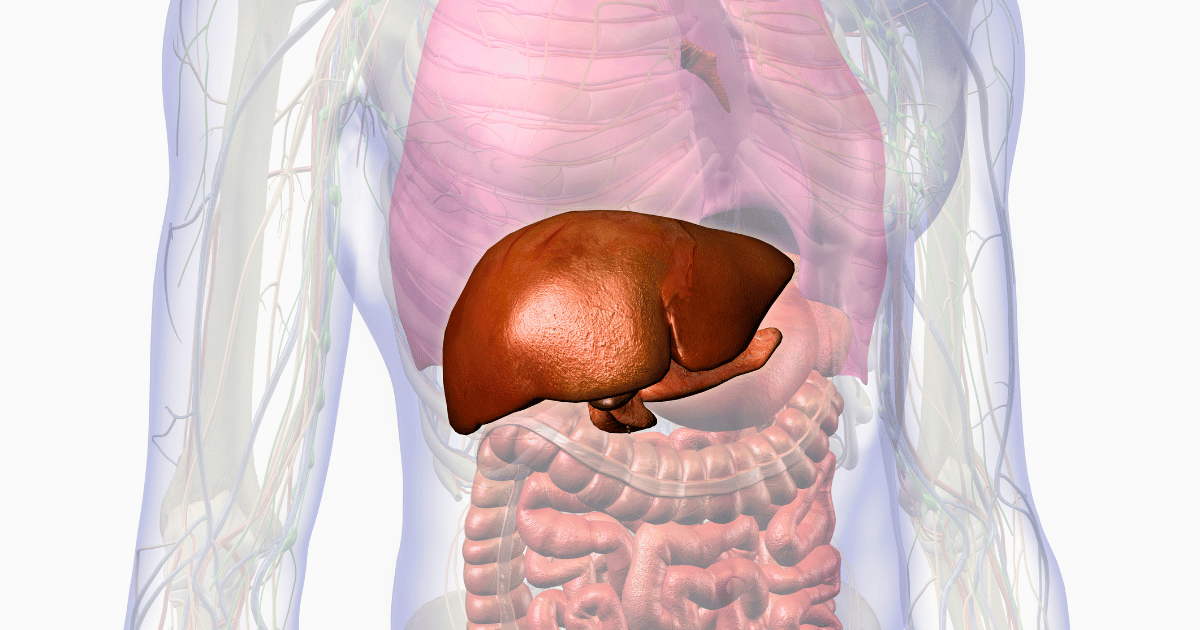Hepatitis C is a common viral infection that can cause cirrhosis of the liver. While prompt treatment can mitigate its risks, managing hepatitis C (otherwise known as Hep C) becomes considerably more challenging when other health conditions are present.
Co-morbidities, or multiple chronic diseases/medical conditions, necessitate a more nuanced approach to the hepatitis C virus (HCV). Understanding how these Comorbidities affect Hep C and vice versa is crucial for developing an effective treatment plan.
This post will delve into the specific challenges posed by various Comorbidities. It will also offer practical advice for managing these conditions in conjunction with Hep C and highlight the importance of comprehensive healthcare strategies.
Understanding Hepatitis C

Hepatitis C virus can lead to severe liver damage, cirrhosis, and even liver cancer if left untreated. It’s often called a “silent” disease because many people do not experience symptoms until significant liver damage has occurred.
Common hepatitis C symptoms include:
- Fatigue
- Jaundice (yellowing of the skin and eyes)
- Dark urine
- Abdominal pain
- Nausea and vomiting
Recognizing these symptoms early can make a significant difference in managing the disease effectively.
Additionally, routine screening for hepatitis C virus, especially for high-risk groups such as those who have received blood transfusions before 1992 or those who use intravenous drugs, can lead to earlier diagnosis and better treatment outcomes.
In most cases, treating hepatitis C is manageable. There is a cure available through antiviral medications that can treat hepatitis C, significantly improve the quality of life, and reduce symptoms. Scheduling an appointment with a trusted hepatitis doctor can get you started on managing hepatitis C symptoms.
Why Comorbidities Matter
Comorbidities are chronic health conditions that coexist with the hepatitis C virus. Examples of Comorbidities include:
- Diabetes
- HIV
- Liver diseases
- Kidney disease
- Cardiovascular disease
Some Comorbidities interact with chronic hepatitis C in a way that may worsen symptoms or increase the risk of liver damage.
Additionally, certain medications for co-morbid conditions may interact with hepatitis C virus treatments, requiring careful coordination and adjustment by your healthcare team.
Understanding how these conditions interact with Hep C is essential for effective management, ensuring that all aspects of your health are considered and addressed in your treatment plan.
Most Common Comorbidities with Hepatitis C
HIV and Hep C Co-Infection
Human Immunodeficiency Virus (HIV) is a common co-morbidity with the hepatitis C virus. HIV attacks your immune system and can eventually progress into acquired immunodeficiency syndrome (AIDS).
An HIV and HCV co-infection can lead to a quicker deterioration of liver tissue. Thus, someone with both conditions will need to work closely with healthcare providers who specialize in both conditions.
Regular monitoring of liver health and coordinated care between HIV and Hep C specialists are essential. Moreover, adhering to medication regimens for the two conditions is crucial for managing them effectively.
Diabetes and Hep C
Diabetes affects how your body processes blood sugar and can lead to complications when managing Hep C. High blood sugar levels can worsen liver damage and interfere with Hep C treatment.
Studies suggest that those with T2D face more severe consequences from hepatitis C, such as lower rates of sustained virological response, increased progression to liver fibrosis and cirrhosis, and a heightened risk of hepatocellular carcinoma.
To manage both conditions, maintaining a healthy diet and monitoring blood sugar levels regularly is key. Working with both a chronic hepatitis C doctor and a diabetes specialist ensures that you receive comprehensive care tailored to your needs.
Cardiovascular Disease and Hep C
Heart conditions, such as cardiovascular disease, can pose serious challenges for those with a hepatitis C infection. These conditions can strain your liver, making managing Hep C symptoms and treatment harder.
Before 1992, there was no reliable testing for hepatitis C, putting patients who had open heart surgery and were on cardiopulmonary bypass at risk of exposure. It is crucial for these individuals to be screened for hepatitis C infection. If you fall into this high-risk category and have not been screened, discussing this with your doctor is important.
Following a heart-healthy diet and exercising regularly, as advised by your doctor, can help manage both heart health and chronic hepatitis C. Monitoring cholesterol and blood pressure levels is also essential to prevent further complications.
Kidney Disease and Hep C
Kidney disease can complicate hepatitis C treatment because the kidneys are responsible for filtering out many medications. Reduced kidney function can lead to drug accumulation and potential toxicity. Additionally, certain antiviral drugs used to treat the hepatitis C virus may worsen kidney function, further complicating the treatment process.
Managing both conditions requires regular kidney function tests and adjusted medication dosages as needed. Close coordination between your hepatitis doctor and a nephrologist is essential to ensure safe and effective treatment.
It is also important to monitor for signs of kidney damage and address them promptly to prevent further complications.
Importance of Regular Monitoring

Regular check-ups and monitoring are crucial for managing a chronic hepatitis C infection with comorbidities. These routine evaluations help in the early detection of complications and allow for timely adjustments to treatment plans.
Depending on what diseases are involved in the co-infection, monitoring could include liver function tests, blood sugar levels, or kidney function tests.
Keeping track of these health metrics ensures comprehensive management of chronic hepatitis C and Comorbidities, preventing severe health issues and improving the overall quality of life.
Working with Your Healthcare Team
Effective management of the hepatitis C virus and comorbidities requires a team approach. Your healthcare team should include specialists for each of your conditions who communicate and coordinate care.
Building a healthcare team involves having a hepatitis doctor, primary care physician, and specialists for Comorbidities, such as a cardiologist or nephrologist.
Regular team meetings or shared health records can enhance provider communication, so everyone is on the same page. For instance, if your cardiologist adjusts your heart medication, your hepatitis doctor can adjust your Hep C treatment plan accordingly to avoid adverse interactions.
Staying Informed
Knowledge is a powerful tool in managing chronic conditions. Furthermore, staying informed about Hep C and your comorbidities empowers you to make better health decisions.
Reading reliable sources of information, asking your healthcare providers questions, and attending support groups or educational seminars can grow your understanding and help you stay proactive about your care.
Websites like the CDC or Mayo Clinic offer updated information on managing hepatitis C and related conditions, which can be invaluable resources.
Hep C Comorbidities Conclusion
Managing Hep C with Comorbidities can be challenging, but with the right care and lifestyle changes, it is possible to lead a healthier life. Regular monitoring, adopting a healthy lifestyle, and working with a coordinated healthcare team are key strategies for managing your health.
If you or a loved one is managing Hep C with Comorbidities, Connect to Care can help. Our team is here to provide the support and care you need. Reach out to us or visit our website for more information.


